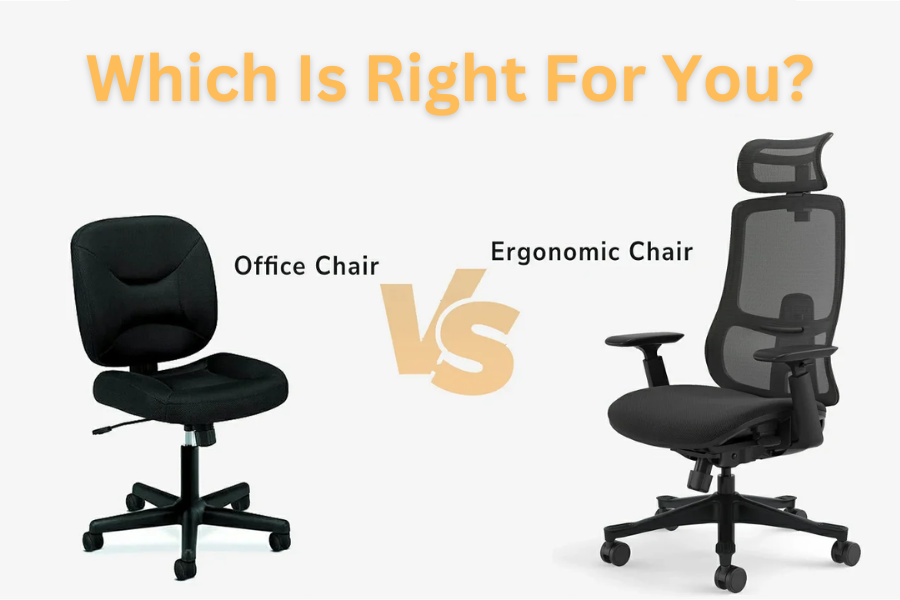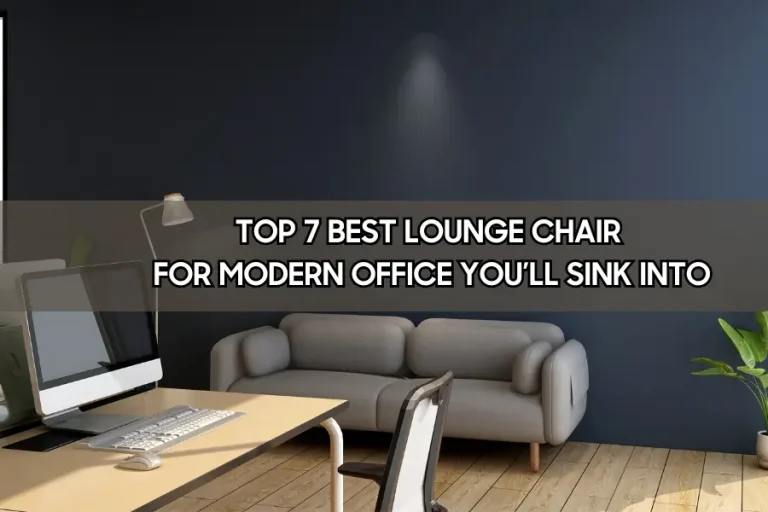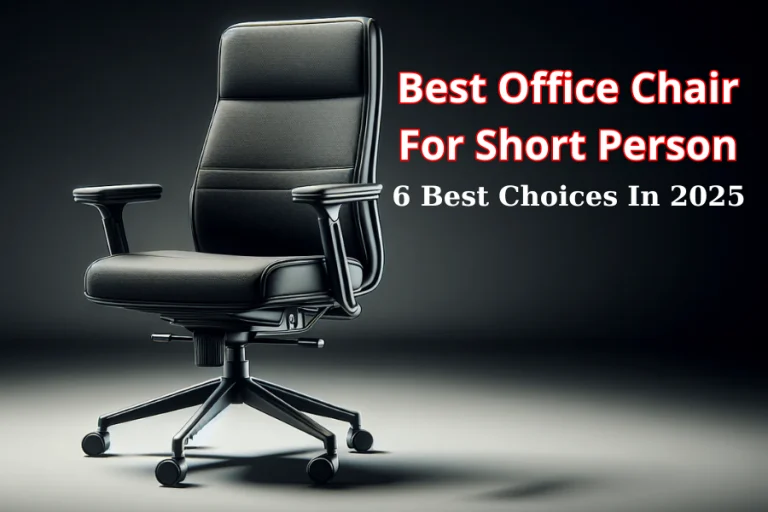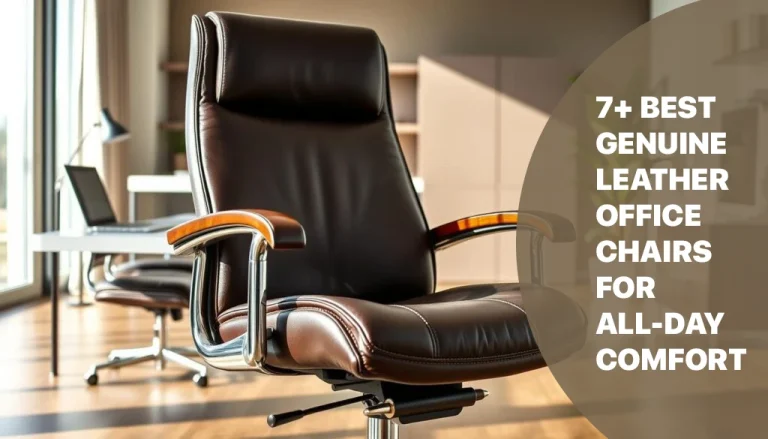When it comes to office seating, the debate between task chairs and ergonomic chairs is a common one. Both types of chairs have their own set of advantages and are designed to cater to specific needs. In this article, we’ll delve deep into the differences between the two and help you determine which one is the right fit for you.
Understanding Task Chairs
Features and Design
Task chairs are typically designed for short-term usage. They come with basic adjustments such as seat height and depth. Some task chairs also offer adjustable armrests and lumbar support. Their primary function is to provide a comfortable seat for tasks that don’t require prolonged sitting.
Watch this video to see the similarities and differences between task chairs and office chairs.
Pros and Cons
Pros:
- Affordable
- Suitable for short-term tasks
- Some models offer adjustable features
Cons:
- May not provide adequate support for long hours
- Limited ergonomic features
Delving into Ergonomic Chairs
What Makes a Chair Ergonomic?
Ergonomic chairs are designed to promote good posture and reduce the risk of discomfort and pain. They are highly adjustable and can be customized to fit an individual’s body shape and size. This ensures proper posture and alignment, making them ideal for those who spend a significant amount of time sitting.
Benefits of Ergonomic Chairs
- Posture Support: Ergonomic chairs are designed to support the natural curve of the spine. This helps in maintaining a good posture and reduces the risk of back problems.
- Adjustability: From seat height, armrests, to lumbar support, ergonomic chairs offer a range of adjustments to fit the user’s needs.
- Reduced Risk of Pain: With proper support and posture, there’s a reduced risk of musculoskeletal problems.
Learn more about the benefits of ergonomic chairs here.

Materials Used in Chairs
Leather and Faux Leather
Leather is a popular choice for office chairs, especially in executive settings. It offers a prestigious and elegant look. Genuine leather is durable, but it requires regular maintenance to keep it in top condition.
Faux Leather, on the other hand, is a synthetic material that mimics the look of genuine leather but at a fraction of the cost. It’s easier to clean and maintain.
Fabric
Fabric chairs are versatile and come in a variety of colors and patterns. They are breathable, making them comfortable for extended use. However, they can be challenging to clean if stained.
Mesh
Mesh chairs are known for their breathability. They distribute weight evenly and are ideal for extended office use, especially in warmer climates.
Plastic, Wood, and Nylon
These materials are less common but are used in specific chair designs. Plastic and nylon are lightweight and affordable, while wood offers a classic aesthetic appeal.
Maintenance and Longevity
The longevity of your chair largely depends on the material and how well it’s maintained. Leather chairs, for instance, require regular conditioning to prevent cracks. Fabric chairs might need professional cleaning, especially if stained. Mesh chairs, with their open weave design, can be vacuumed to remove dust and debris.
Making the Right Choice
Task Chair vs Ergonomic Chair: Task chairs typically offer seat height and depth adjustment, with some having adjustable armrests and lumbar support. Ergonomic chairs promote good posture and reduce discomfort, ideal for prolonged sitting. Choose based on your needs and budget.
When deciding between a task chair and an ergonomic chair, consider the following:
- Duration of Use: If you’re going to be sitting for long hours, an ergonomic chair is a better choice. For short-term tasks, a task chair may suffice.
- Budget: Task chairs are generally more affordable than ergonomic chairs. However, investing in a good ergonomic chair can save you from potential health issues in the long run.
- Workspace: Consider the aesthetics of your workspace. While task chairs are more functional, ergonomic chairs often come in stylish designs that can enhance the look of your office.
In Conclusion
Choosing the right chair is crucial for your comfort and health. While task chairs are suitable for short-term use, ergonomic chairs are designed for prolonged sitting and offer better support. Evaluate your needs, budget, and workspace before making a decision.





